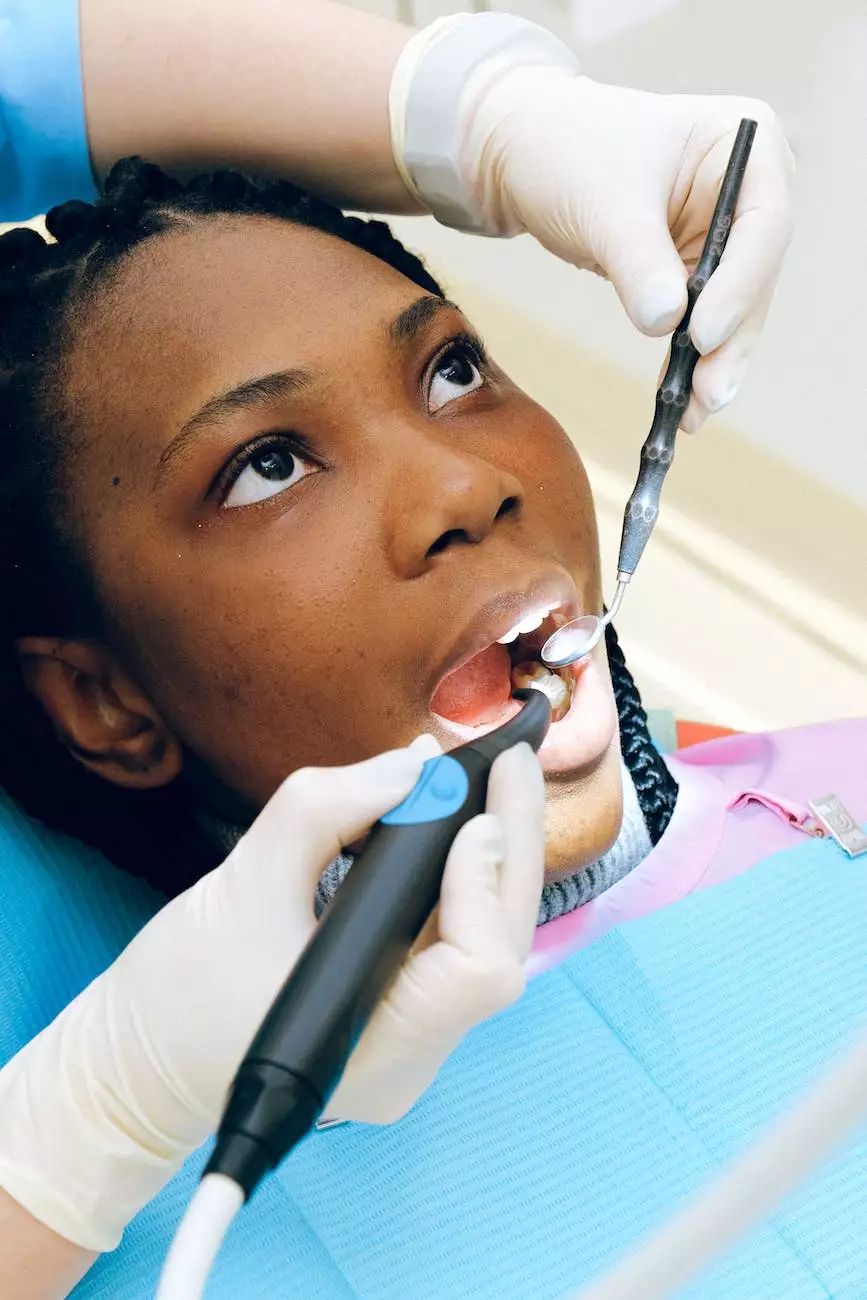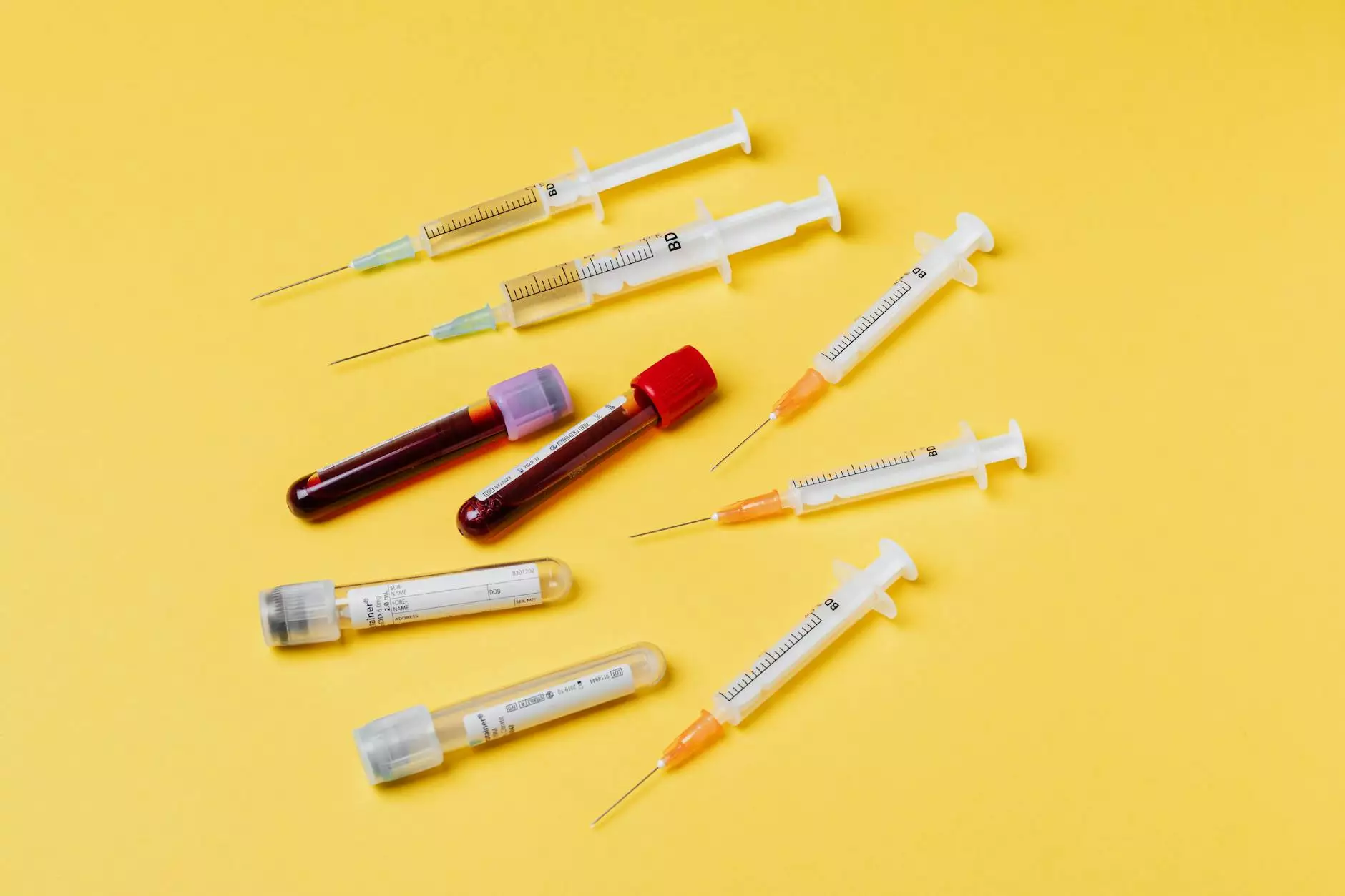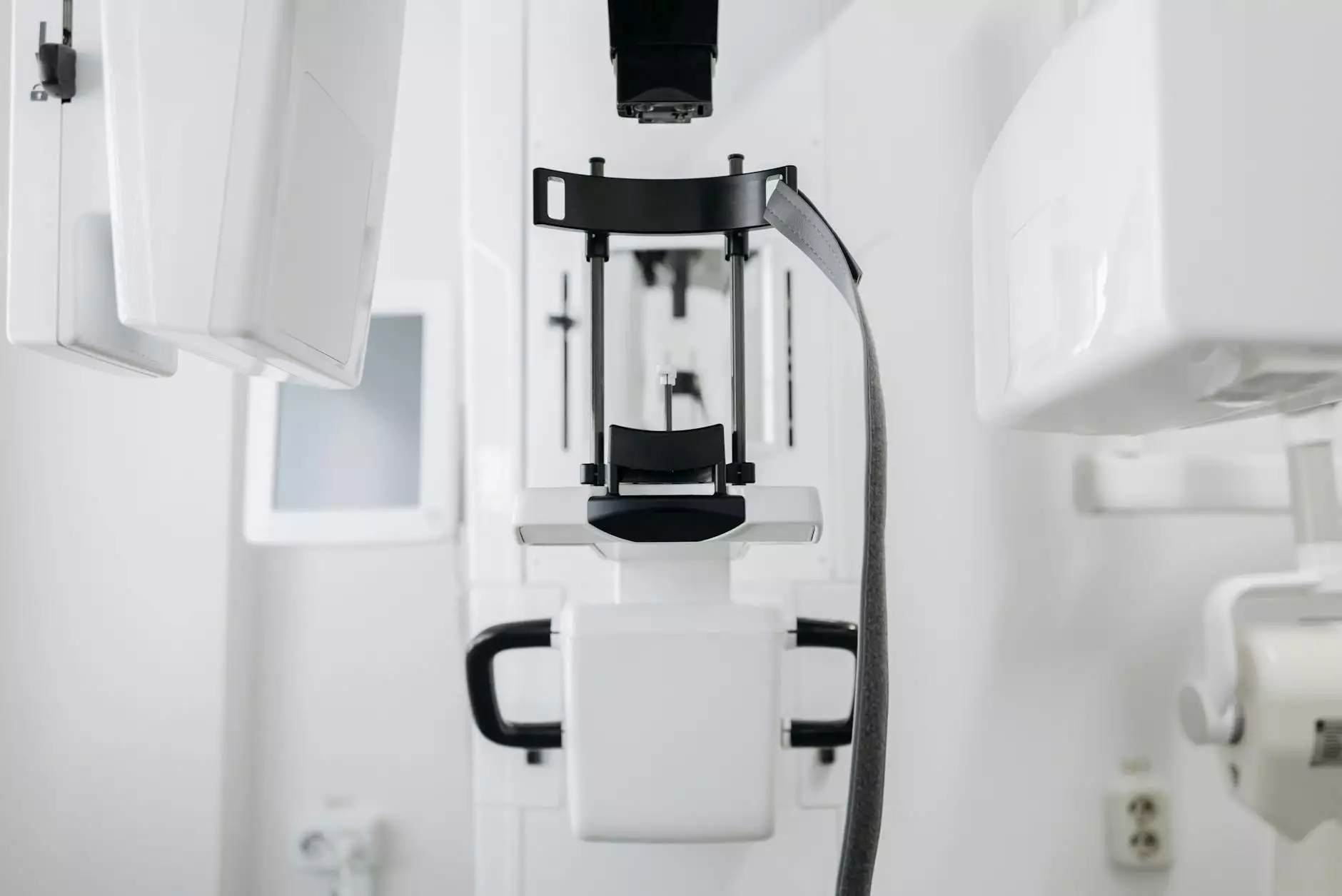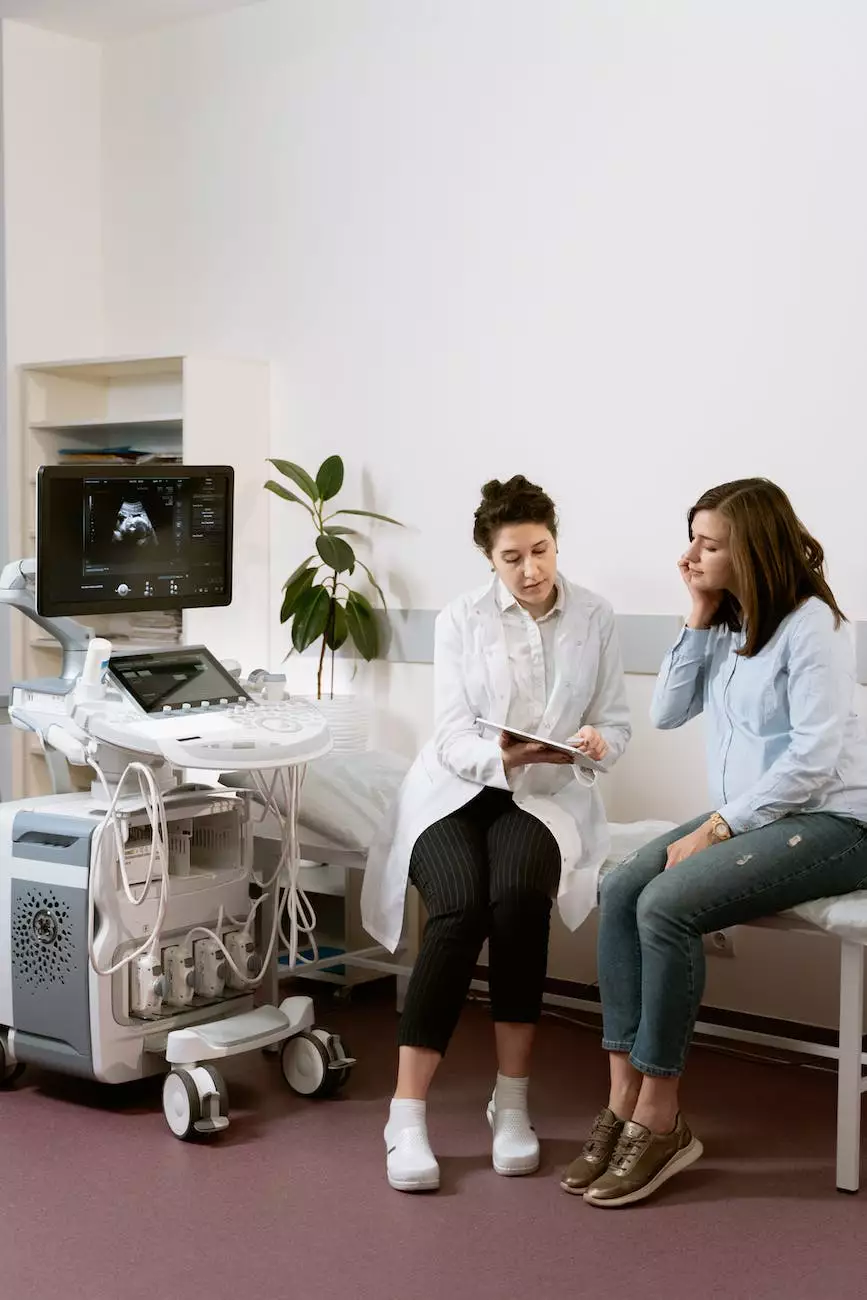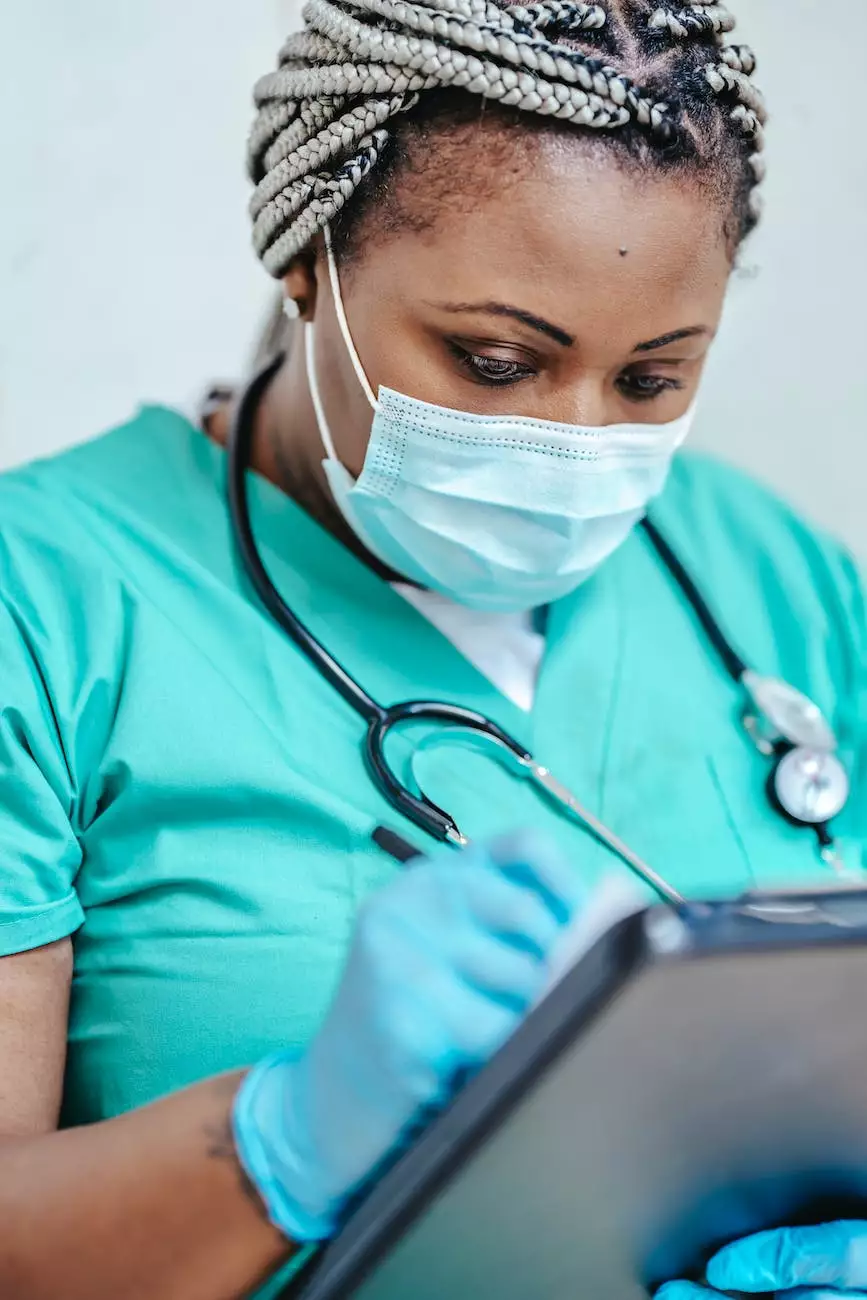If I've been exposed, how soon should I be tested for COVID-19
Health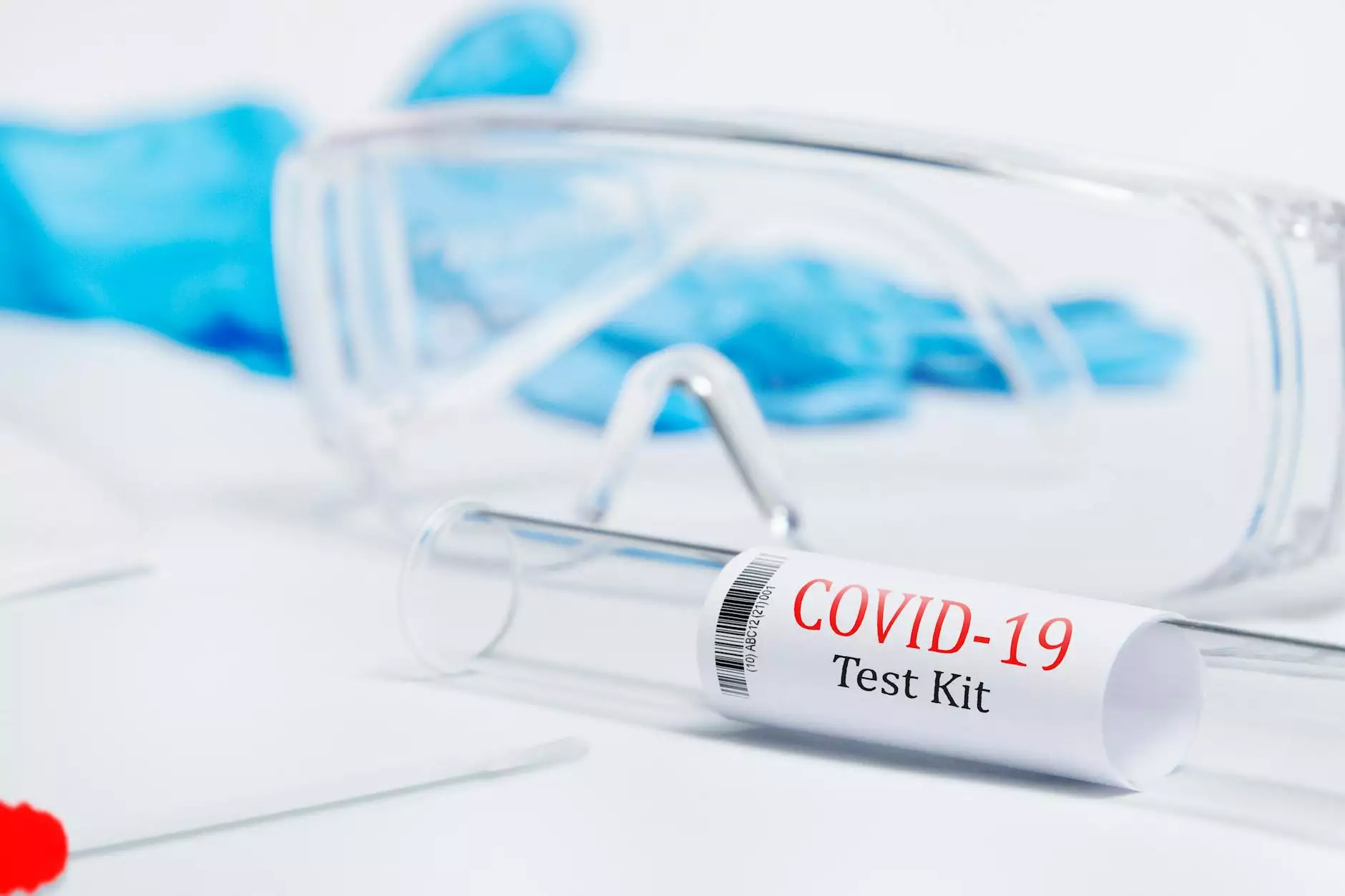
At MUIR DIABLO OCCUPATIONAL MEDICINE, we understand the importance of getting accurate and timely information about COVID-19 testing after potential exposure. In this comprehensive guide, we will provide you with detailed insights on the optimal timing for COVID-19 testing to help you make informed decisions.
Understanding COVID-19 Testing
COVID-19 testing plays a crucial role in identifying and controlling the spread of the virus. If you suspect that you have been exposed to someone with COVID-19 or have experienced symptoms, timely testing can help determine your infection status. It is important to note that testing should be done in consultation with healthcare professionals.
Recommended Timeline for Testing
The optimal timing for COVID-19 testing after potential exposure can vary depending on several factors, including the type of exposure and symptoms experienced. Generally, it is recommended to wait 5-7 days following potential exposure to get tested. This allows for a more accurate result, as it gives the virus sufficient time to replicate in your system if you have been infected.
However, if you start experiencing symptoms before the recommended testing timeline, it is advisable to get tested immediately. Early testing can help in early detection and prevent further transmission in case you have contracted the virus.
Factors Influencing Testing Timeline
Several factors can influence the optimal timeline for COVID-19 testing. Some of these factors include:
- Type of exposure: Close contact with an infected individual, such as living with them or being within 6 feet for more than 15 minutes, may warrant an earlier test.
- Presence of symptoms: If you develop COVID-19 symptoms, such as fever, cough, shortness of breath, loss of taste or smell, fatigue, or body aches, it is recommended to get tested as soon as possible, regardless of the exposure timeline.
- Underlying health conditions: People with certain underlying health conditions, such as diabetes, heart disease, or respiratory issues, may be at higher risk and should consider testing earlier than the general timeline.
- Testing availability: Testing resources and availability may vary by location and healthcare facility. Check with your local healthcare provider or testing center for the most up-to-date information.
Why Consult a Healthcare Professional
While this guide provides general recommendations, it is essential to consult with healthcare professionals for personalized advice. They can assess your specific situation, provide accurate information, and guide you through the testing process.
Conclusion
Knowing the optimal timing for COVID-19 testing after potential exposure is crucial in managing the spread of the virus. At MUIR DIABLO OCCUPATIONAL MEDICINE, we strive to provide you with the most accurate and up-to-date information to help you make well-informed decisions about your health.
If you have any concerns or questions about COVID-19 testing or need assistance, please don't hesitate to reach out to our healthcare professionals. Your health and well-being are our utmost priority. Stay safe and take proactive measures to protect yourself and others.





